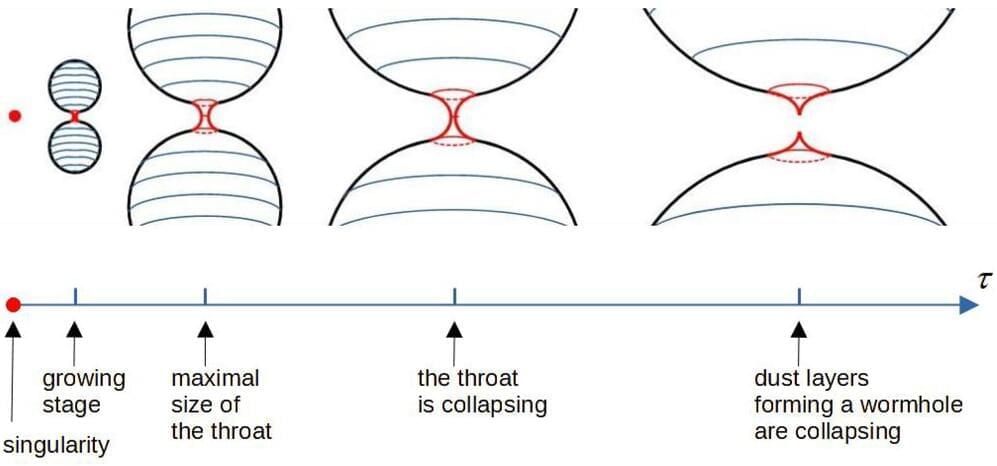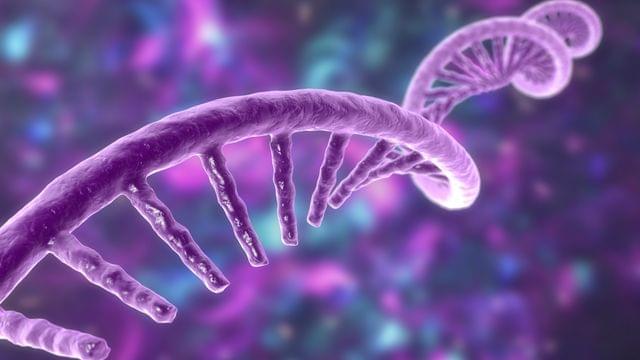Summary: A new study identified a crucial link between anxiety disorders and the brain receptor TACR3, as well as testosterone. This groundbreaking research found that rodents with high anxiety had low TACR3 levels in the hippocampus, a key area for learning and memory.
Notably, the study showed that testosterone deficiency-related anxiety could be addressed by targeting TACR3. This discovery opens new therapeutic possibilities for treating anxiety disorders, especially in individuals with hypogonadism.








